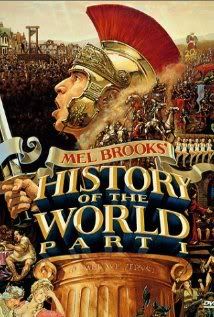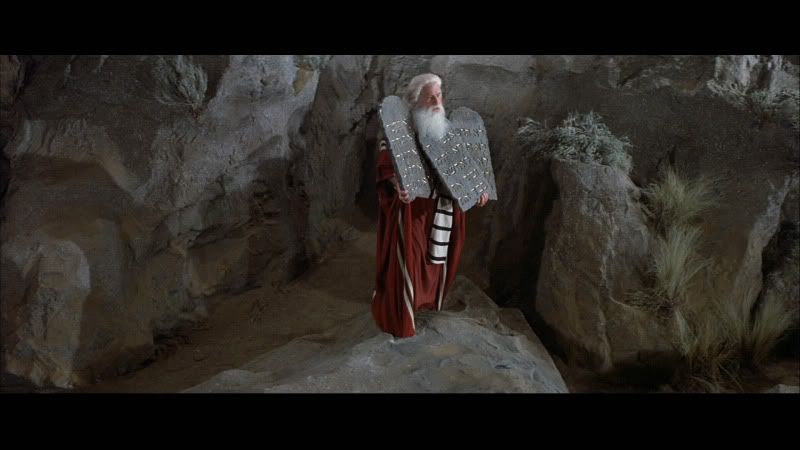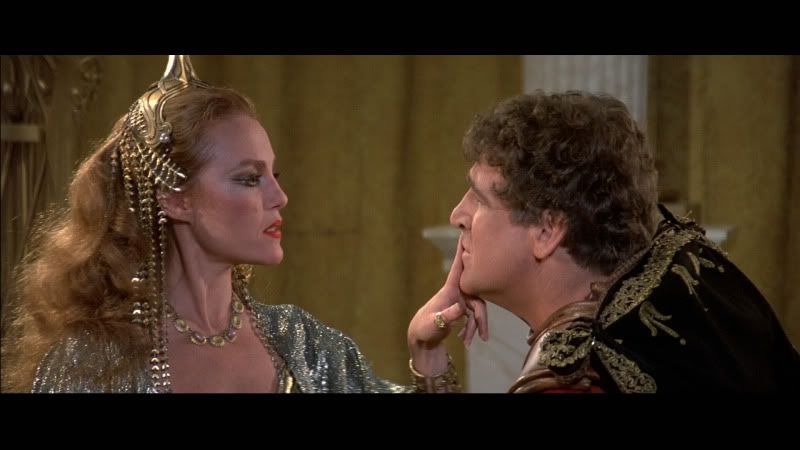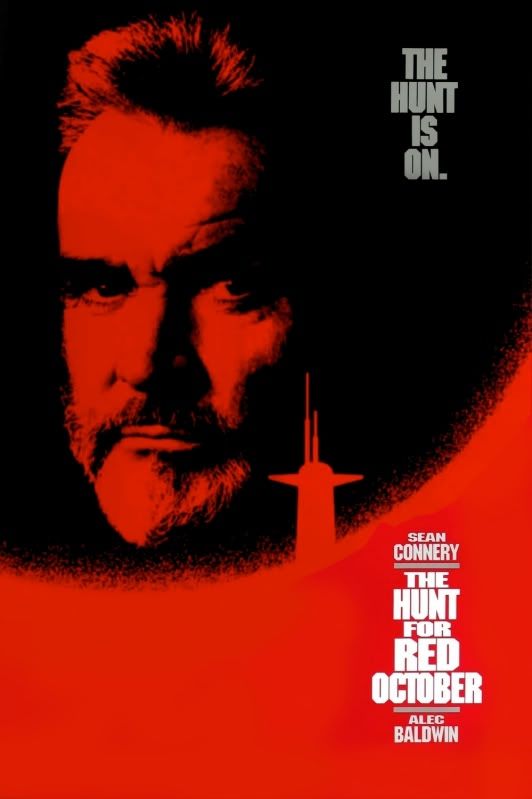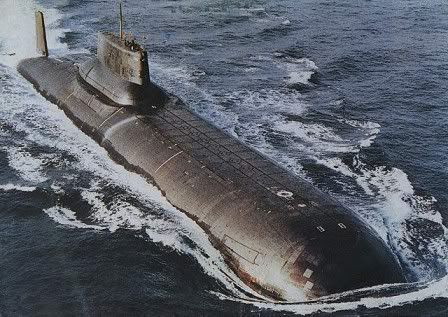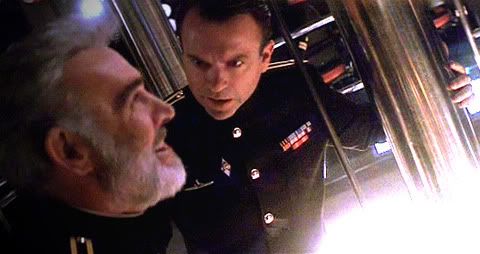I know it may seem a bit lazy to rehash an old post, but this one is special and my sentiments towards our veterans has not changed. It’s likely I’ll do the same this Independence Day, but we’ll set off those fireworks when we get to them. In the meantime, please read, enjoy, and remember. Thank you.

“Those who cannot remember the past are condemned to repeat it.” – George Santayana
We have the country we have today because people got pissed off enough to fight for it.
I think this country has a long way to go before it fixes all the bridges that have nearly been burnt to the ground because of the actions we’ve taken in the name of securing our borders. That doesn’t mean that the men and women who died in service to the country should not be remembered, or that their sacrifice should be downplayed or marginalized. They were called upon to do their duty, to fight while others stand idle, and they answered.
America’s military is based entirely on volunteer service. People enlist for various reasons, from pure-hearted desire to serve the country to paying for a college education. And those who can already afford college can embark upon a career as an officer right from the start. The important fact, though, is that none of it is compulsory. Nobody is making these young men and women sign up for service that could ultimately mean they’re going to die far from home, in some foreign land, possibly alone with no one to remember them save for a line item in a report listing them as “Missing In Action”.
Other countries compel their citizens to join the military from an early age. There’s no choice in the matter. Regardless of how you feel about your country, you’re going to be serving in its military. As much as I admire Heinlein, the idea of compulsory military service being the only route to citizenship is a pretty scary one. But unless I’m mistaken, no country has gone completely that far yet.
Here, though, every person who puts on that uniform, male or female, young or old, gay or straight, left or right, does so for the same reason. They want to serve. They chose to answer the call to duty. Nobody made them.
And if they died on a foreign shore, they did so as the ultimate result of that choice. As lonely, painful, cold and dark as it might have been for them, it is a deep hope of mine that they do not consider themselves forgotten.
We have not forgotten.
Wars are horrible things. The necessity of force to further political or economic gain is an indication that cooler heads and well-spoken reason have not prevailed over base, animalistic instincts. Canny leaders and generals will at least do what they can to end the fight as quickly and directly as possible. Sun-Tzu teaches us “There is no instance of a nation benefiting from prolonged warfare.” He was right 2000 years ago and he’s right today. However, this doesn’t mean that those that fight in wars are as horrible as the wars they fight.
Indeed, war can show the very best of human nature. Comrades helping one another through the battlefield, nobility in the face of unstoppable odds, compassion for one’s enemies; these are all things I feel we do not see or read often enough. In the pages of dry, procedural after-action reports are many such stories yet untold. In finding and telling them, we help to remember what it is to be a volunteer soldier, to choose to fight, to exemplify in our conflicts who we are as a country and what we stand for.
It’s probably my idealism creeping back into my rhetoric, but I’d like to think that, more often than not, on the front lines in foreign lands, the men and women of the American military ‘being all they can be’ means professionalism, respect, audacity and resolve. These volunteers should represent the best and bravest of us. They chose to defend our interests and our country, and we in turn are compelled to remember. For them it was voluntary; for us, back at home, living our lifestyles the way we are due to countless sacrifices born of their choices, remembering feels compulsory.
To all the men and women of the past and present who have chosen to serve America, making sacrifices from a few lost years to the one that means you’ll never see us again:
Thank you, and God bless you.


